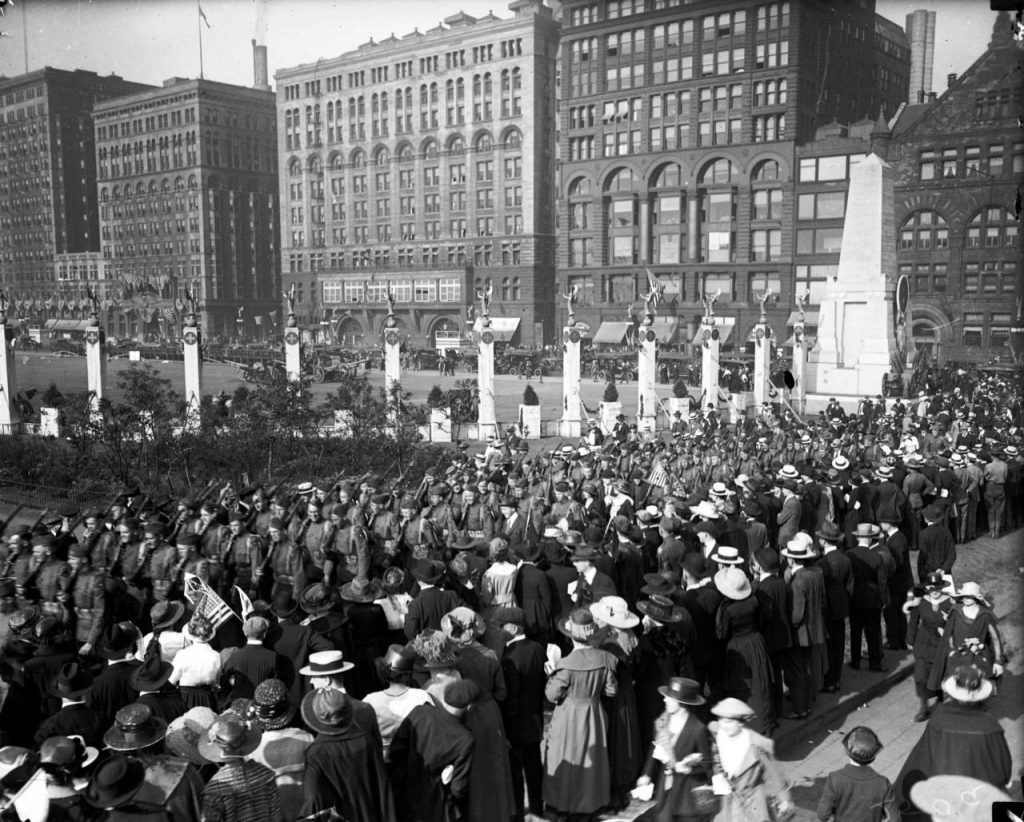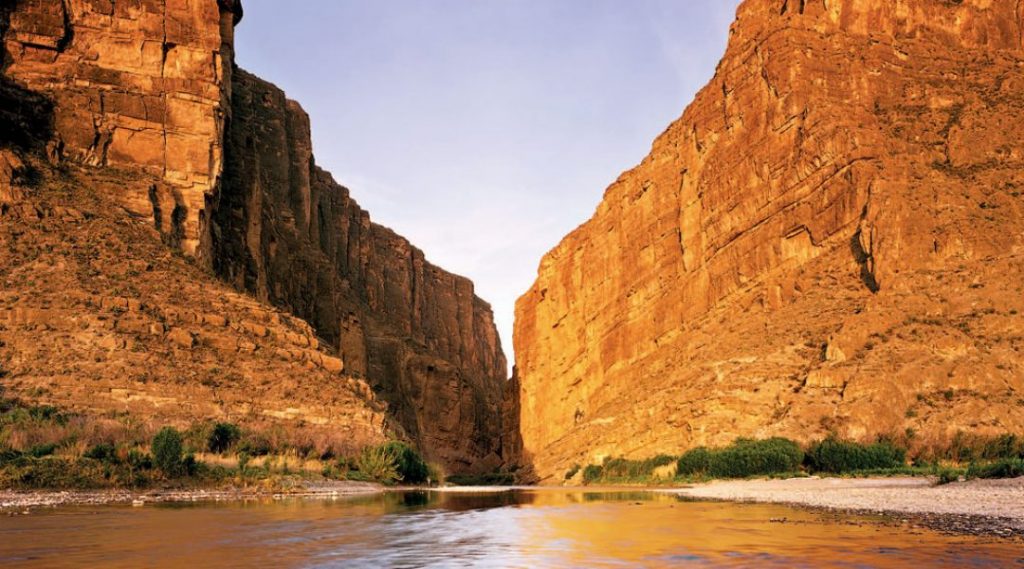
No river runs straight all of the time. The question is the bend—how big, how sharp, how different once the turn is made. You only know by going round.
On top of Carter’s Mountain in North Carolina, you hear the sound of a hammer hitting a nail. A man makes a coffin. A stack of lumber is nearby, ready material for the second one to be made. Wha-ping. Wha-ping. Wha-ping. The final nail drives in.
Next, the man has someone help him take the coffin through the woods to a neighbor’s small house. A horse pulls the cart. They lift the coffin up and leave it at the neighbor’s, the Handys. The Handy family is in the midst of having four people die. Someone will come out and put a body in the coffin. Meanwhile, the volunteer coffin-maker will be back at his house with no contact made. Safe as he can be right now in the Smoky Mountains.
Out west, near the Rocky Mountain range, they’ve carried the teenage mother, Florence Phye, and placed her on a bed in the Elks Lodge in Loveland, Colorado. The Elks had decided to give up their banquet hall to the town and convert it into a temporary hospital. Where eggs and steaks, beer and whiskey were once enjoyed, now Florence and other patients are lying on narrow beds. Dinner plates and water glasses have been packed and boxed, while tables and chairs are shoved and stacked in another room. As the hours tick by in the Elks dining hall, Florence leans her head up and sees all eight of her family brought in and laid on the thin mattresses. Florence’s weekend visit bends in the direction of a nightmare.
In Baltimore, Maryland they count 110 newly dead today. In Savannah, Georgia a reporter notes that the sick arrive at hospitals “by the wagon load.”
Efforts have a change of direction, too. The police walk the streets of Rapid City, South Dakota and see a man spitting. Rushing towards him, they place him under arrest for flaunting a new local law. He’s given a $6 fine as punishment. A special law officer working for the board of health in Bellingham, Washington sees a man who’s not wearing his mask, violating another new local law. The officer pulls his gun, yells at the man to get his mask on, and when the man stands defiantly, shoots him, wounding him twice. The man, seriously wounded, is arrested. The surly mood also appears in Wisconsin, where a reporter in Madison taps out an article. He growls that no politician is campaigning despite the election just days from now. “Defeated candidates will probably blame the epidemic for their defeat,” he writes, “but they as well as the successful ones will have saved hundreds if not thousands of dollars as a result of the epidemic.” If cynicism prevents influenza, this reporter will live forever.
Like everywhere else, Chicago, Illinois continues under the wave of influenza. The city’s residents are ending their worst week yet for deaths and cases. Two film-makers are undaunted, however. They are William Foster, an African-American director, and Rex Weber, a white director. Both men are determined to film a movie that will offset a popular racist, anti-black movie entitled “Birth of a Nation” (which Woodrow Wilson enjoyed watching); promote black pride; and support the soldiers who fight the World War. Foster and Weber are in Grant Park today with tens of thousands of people, many of whom are African-American soldiers along with their families, friends, neighbors, and acquaintances. Much like the Liberty Loan parade-goers weeks ago in Philadelphia, the people at Grant Park stand close together in their excitement and enthusiasm.
The skies are too dark for filming. Instead, Foster and Weber have camera workers take photographs of crowd members, waiting for the sun to break through and bathe the park and its people in light.
But today the clouds just refuse to part. Come back in two days, the directors tell the crowd.
A thought for you on Day 50, May 1, 2020, fifty days after President Trump declares Covid-19 a national emergency—Grant Park. No one knows, to my knowledge, if the two film-makers were aware of the tragic effects of the Liberty Loan parade in Philadelphia. It’s likely, though, almost certain, really, that they did know the nature of life and influenza in Chicago for the past few weeks. Yet they were undeterred, unwilling to change their goal. Their film project meant more to them than anything. In a way, perhaps, their depth of commitment and singularity of focus bears a strange resemblance to that of Woodrow Wilson. And are they different from the person who spits in Rapid City or who walks mask-free in Bellingham? I don’t know. I’m not smart enough to lift the baby and weigh the answer. I do know there is a power of human spirit—a power that drives toward an end regardless of judgment—and which often times can be frustrating and bewildering to those who stand on the other side. The power has a name: courage, determination, unyielding, unrelenting, selfishness, selflessness, and a hundred more. The human spirit will not be denied and will not be contained. All that we do must embrace and account for the reality and the dream of the human spirit. After all, it resides in you.

(note to reader—I invite you to subscribe to this series/blog. The purpose of my posting in this series is the purpose of my enterprise at Historical Solutions—to explore the past in a new way that brings new and different value to you, both in the present (this minute) and on the edge of the future (what’s ahead or forward of this minute). The past is everything before now, the totality of all time before the present; history is a set of very small slices of the past that, for a particular reason, have been remembered. If you wish to contact me privately, please do not hesitate to text or call 317-407-3687)







